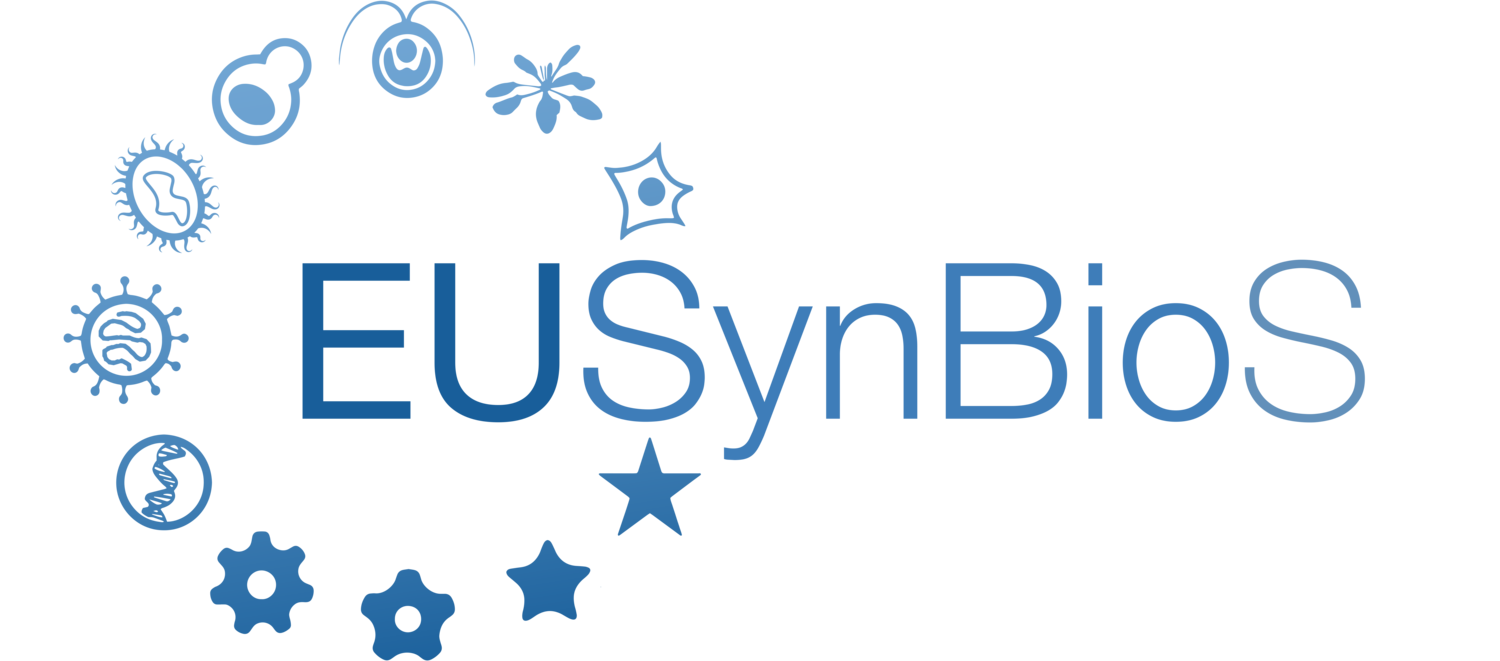Young PIs in action: Interview with Ángel Goñi Moreno
Despite the numerous career option a PhD graduate has, many of us aspire to stay in Academia and become independent researchers. It is a difficult path that comes with many challenges. We therefore decide to ask fresh Principal Investigators about their experience and their words of wisdom in this aspect. Our first interviewee is a former Steering Committee member, Ángel Goñi Moreno, who leads his research group at Newcastle University.
Kostas Vavitsas: How did you find the transition from a postdoc do a PI?
Ángel Goñi Moreno: It was not trivial transition. Being a PI is a totally different type of job, and I wasn’t trained for it (I guess nobody is). So all of a sudden I had new responsibilities, new activities to take care of. For instance, I had to write project proposals, recruit people or manage a team - tasks that I did for the first time. Although challenging, it was a very exciting time. Starting your own laboratory allows you to choose which scientific questions you will prioritise. Who wouldn’t like that? Establishing collaborations is also a part of the job that I’m enjoying a lot. Anyway, I was very independent during my postdocs, so this did feel like the natural next step.
Kostas: What was the biggest professional challenge you had to overcome? What is the importance of mentoring in your career?
Ángel: The most important professional challenge is to get the first grant in. I firstly applied to a ERC Starting Grant, which I didn’t get. I then applied to the EPSRC First Grant, and I was successful at that. At this point, I felt a lot more comfortable with what I was doing. I’ve never had a “mentor” as such, so I can’t tell. However, I’ve had very good advisors during my postdocs, so I tried to copy as much as I could. Also I asked for help whenever I needed it, which was indeed very useful. By asking for help you also find out who is actually willing to help and try to build on them during those first steps.
Kostas: Do you find synthetic biologists to be computer literate? How can we better integrate information technology in common synbio practice?
Ángel: Nobody can be an expert in all the (sub)fields within synbio. There are few computer scientists, if that is what you ask. And it is a pity, because the understanding of biology from an information science standpoint can in fact be fundamental to the field. We should definitely encourage computer scientist to join in. This is not only to provide the tools and methods needed to get the most of measurements and predictions (via models), but also to provide a novel conceptual framework for the engineering (programming?) of living systems. Coming back to your question, the best way is to just do it. For instance, if your laboratory is 100% experimental, bring some theoreticians on board.
Kostas: What is the one most important piece of advice you would give to an early career researcher in synthetic biology?
Ángel: Do not (always) follow the mainstream synbio research. Try to focus on the research questions you are confortable with and then bring them into the field. Not specific to synbio, but a general advice to early career researchers: be honest and open. Never pretend you know something you don’t. Never pretend your work is better than that of your colleagues. Always try to communicate your thoughts and plans to your peers. Share. Ask for help whenever you need it. It is important to remember that the people in your team work *with* you, not *for* you. By the same token, you don’t work *for* anyone (watch out!). Last, but not least, keep an eye on your life-work balance in order not to overcommit yourself.
Ángel Goñi Moreno is a Lecturer in Synthetic Biology at Newcastle University (UK); PI at the Interdisciplinary Computing and Complex Biosystems (ICOS) research group and Editor of the Synthetic Biology Open Language (SBOL). He was born in Madrid (Spain) on the 6th of August, 1983. In 2001 he started studying Computer Engineering at the Technical University of Madrid (UPM), Spain. After getting the degree he joined the Natural Computing Group at UPM and started researching in the fields of DNA Computing and Synthetic Biology. In 2010 he learned the first Ph.D. to be undertaken in Synthetic Biology at UPM. I also held a M. Sc. degree in Artificial Intelligence. After UPM he joined Martyn Amos’ group at Manchester Metropolitan University (UK) as a postdoc. When finished that position, in early 2013, he came back to Madrid to join the Victor de Lorenzo's lab which is part of the Systems Biology Program at CNB-CSIC (Centro Nacional de Biotecnología - National Center for Biotechnology). During the summer of 2016 he moved to Newcastle where he is at the moment.

